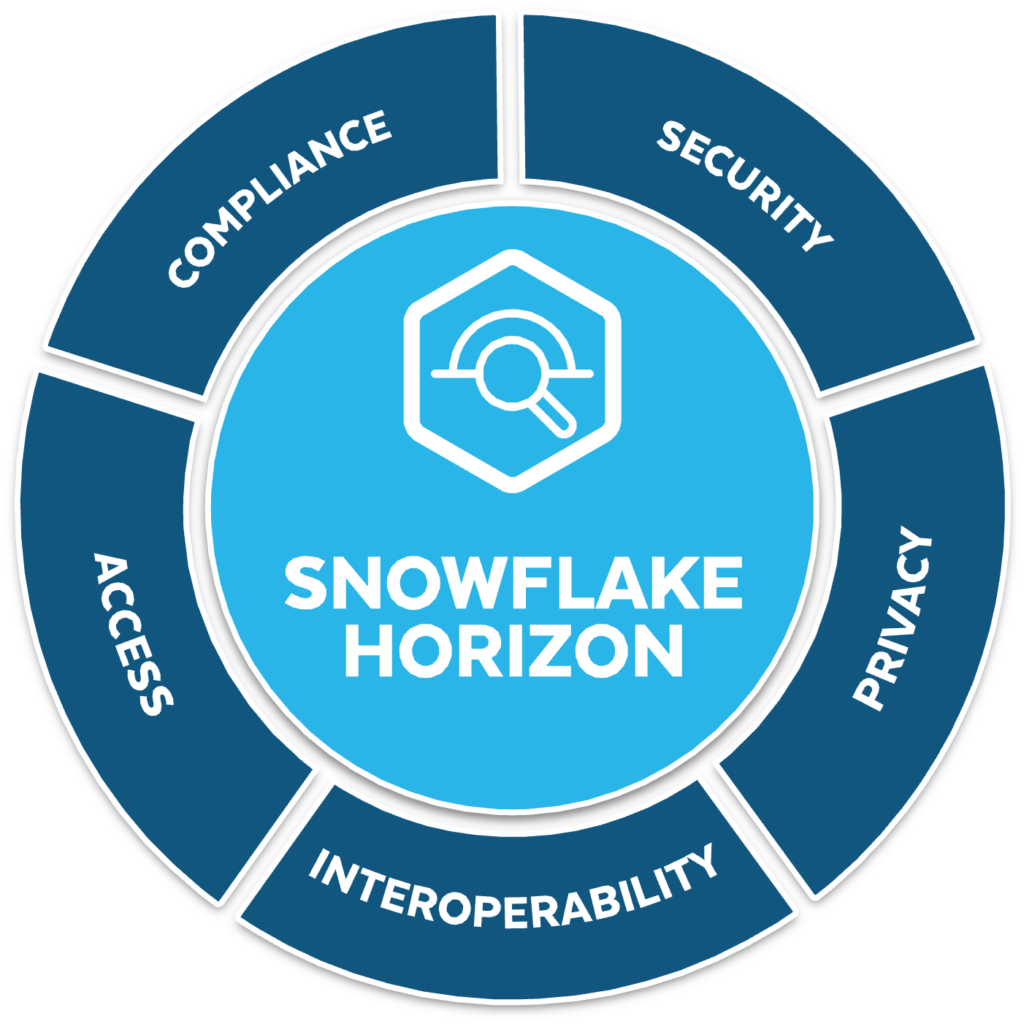A role is a set of permissions, and users receive permissions based on the roles to which their administrators have assigned them. In this context, Role-Based Access Control (RBAC) is a method of determining the appropriate access levels for individual users within an organization based on the job activities conducted by those users within the company.
One of the key purposes of RBAC is to ensure that employees only have the access they need to do their jobs. In some of the cases, the working solution to this issue is Fine-Grained RBAC.
This article will go over Fine-grained Role-based Access Control, a common governance feature. Specifically:
What is RBAC?
In any industry, having control is a tremendous advantage. Control offers you access to information, resources, and power, all of which you may put to good use. Thus, Access Control is a beneficial method for firms in various industries because of this root control.
In this context, Role-based Access Control (RBAC), which restricts network, data and applications access based on a person’s role inside an organization, has become one of the most popular ways of organizational access control. Employees’ access levels to the resources get referred to as roles in RBAC. Through RBAC, companies may limit employee access to the information they require to perform their jobs efficiently.
Several factors, such as authority, responsibility, and job competency, impact resources access. Furthermore, access to computer resources may be restricted to specific tasks, such as reading, generating, or modifying a file, rather than all operations.
Thus, lower-level employees rarely have access to sensitive data unless they require it to perform their duties. This option is very useful for large organizations with many employees and third-party contractors: Adhering to RBAC compliance helps secure sensitive data and critical applications.
Read More:
- Our dedicated RBAC guide
- What is the difference between RBAC and ABAC?
Can RBAC be Granular?
RBAC allows you to govern what end-users can do at the broad and granular authorization levels. You can indicate whether a user is an administrator, a specialist user, or an end-user, and you can assign duties and access rights per the job titles held by your staff. In the end, RBAC permissions are granted solely to the extent that they are required for employees to perform their duties.
The Benefits of RBAC
Information security necessitates the management and auditing of network access. On a need-to-know basis, access can and should be allowed. With hundreds, if not thousands, of employees, security is easier to maintain by restricting needless access to important data based on each user’s established function within the company.
Here are some other benefits to RBAC:
- Flexibility: IT businesses can regularly examine and alter the permissions associated with each role, depending on the company’s needs.
- Security: RBAC increases overall security in terms of compliance, confidentiality, privacy, and resource and other sensitive data and system access management.
- Organizational Structure and Security: This enables enterprises to establish permissions hierarchies based on seniority or organizational topology.
- Selective Access: RBAC systems let users hold many roles simultaneously, each with permissions.
- Onboarding: When people join, move within, or get promoted within your firm, you need not worry about their permissions; all you have to think about is that they are in the right place.
What is Fine-grained Access Control?
Since the digital revolution has eclipsed all previous efforts, considerable effort has been expended on designing complex access control systems that seek to maintain order while reducing some of the dangers connected with data breaches, corruption, and other vulnerabilities. As a result, fine-grained access control has emerged.
To shed light on the Fine-Grained Access Control meaning, it is critical to apply dynamic fine-grained authorization, ensuring that sensitive data is accessible to users only under the conditions specified in a policy.
Coarse-Grained vs. Fine-Grained
While coarse-grained control allows granting or denying access to resources based on a single factor, fine-grained control allows granting or denying access to critical assets, including resources and data, found on multiple conditions and entitlements to a single data resource.
Fine-grained security is crucial because it modifies the rules of static authorization and allows for the safe sharing of a greater number of sensitive data assets.
Examples of Fine-Grained Role-Based Access Control
The following are some examples of Fine-Grained Access Control:
- Certain roles are limited to only viewing certain data, while other data gets masked. Depending on user roles, users will receive censored or hashed data based on their permissions when utilizing dynamic masking. Only HR users, for example, will be able to see employee information, but other users will have their identities masked when querying the table.
- Certain roles can only access sensitive data using a specific tool. For example, you might want to prohibit data analysts from utilizing scripting languages and only allow them to utilize BI tools.
- Certain roles can only view data based on row-level security. You limit access to individual rows in a table with this type of access control. A database holding data from many regions, where specific individuals or groups require access only to particular areas, is an example of this access control based on row-level security.
- Certain roles receive different levels of access to multiple data sources stored together. Large batches of various data types remain in the cloud in one location. Fine-grained access control is essential even when stored together because it establishes access parameters for distinct data types.
- Certain roles receive read-only access to limit access to specific data. Companies can offer read-only access to third parties using fine-grained access control, keeping their data safe.
Summary
Companies must keep up with changes of times, not only within their own company but also efficiently comply with new standards and regulations. These options are beneficial given the current needs in information privacy and security.
In this regard, you can enforce business rules and authorization policies with fine-grained authorization. Specifically, policy writers can write and implement complex regulations and policies with various circumstances relating to the time of day, place, role, action, and more.
Now more than ever, fine-grained access control proves vital for companies to thrive and grow.
Fine-Grained Role-Based Access Control With Satori
Satori provides companies with RBAC, ABAC and fine-grained access control, including dynamic data masking and row-level security. All of this is done without any changes to the data or its configuration.



